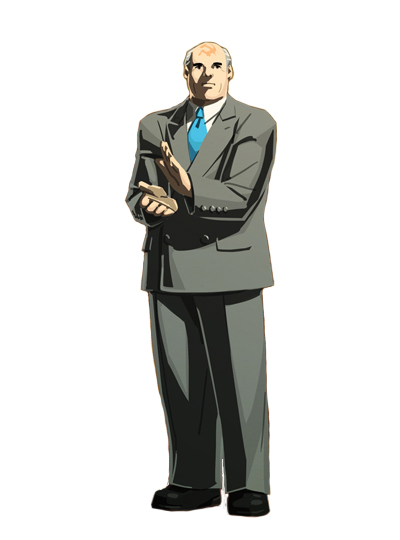What was Gorbachev's most significant contribution?
His most significant contribution was implementing the policies of Glasnost and Perestroika, which transformed Soviet society and paved the way for the end of the Cold War.
Why did Gorbachev allow the collapse of the Soviet Union?
Gorbachev believed that the USSR's economic and political structure was unsustainable, and allowing its dissolution was a necessary step for a new future.
What was Gorbachev's role in the Cold War?
He played a key role in ending the Cold War by pursuing peaceful negotiations with the United States and its allies.
Did Gorbachev face opposition to his reforms?
Yes, his reforms faced heavy opposition from hardline Communists and the KGB, but Gorbachev pushed forward with his vision for a reformed USSR.
